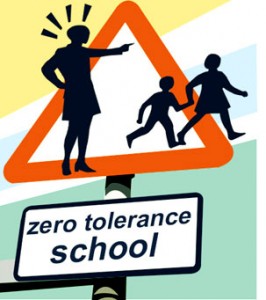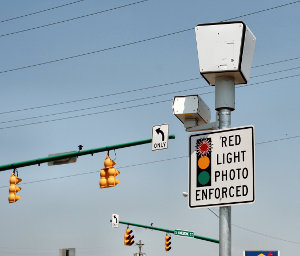
Have we lost all ability to make reasonable judgements? Is the fear of being unfair so great that we are willing to subject ourselves to draconian rules to avoid making subjective decisions? Apparently so.
In Easton, MD two high school lacrosse players have been arrested for possession of weapons on school grounds. The weapons were found in the boys’ equipment bags during a search of the team bus prior to a game. One kid had a Leatherman tool. The other a Bic lighter, which was classified as an explosive device. Both are tools reasonably used to repair lacrosse sticks.
Unfortunately, this is not an isolated incident. In Portland, ME a freshman girl was expelled for asking a friend for some Tylenol. In New York, a 17-year-old Eagle Scout was suspended from school for a month for bringing an antique two-inch penknife to school. The knife was found after school officials searched his car in the school parking lot and found the knife in a survival kit the honor student kept in the locked trunk of his car.
Supreme Court Justice Potter Stewart famously said of pornography, “I know it when I see it.” Why can’t a similar test be used with regard to weapons and drugs in schools? There is an understandable desire to keep weapons and drugs out of schools. But what constitutes a weapon or a drug has a large gray area.
You can get drunk on mouthwash, yet a small travel bottle or spritzer for getting the lunchtime pizza off your breath before locking lips with your boyfriend after class is probably not an indication of someone with a budding drinking problem. Yet, finding quarts of Scope stashed in your locker might be such an indication.
Similarly, pocket knives are incredibly useful tools for all manner of small tasks. Could you kill someone with one? Sure. You could also kill them with a rock, your hands, or gravity. And we haven’t seen a move to outlaw gravity. (Although given the way evolution is treated in most schools, gravity shouldn’t get too cocky.)
We talk about truth, justice, and the American way, but there can be no justice so long as laws are absolute. Even life itself is an exercise in exceptions. When has justice ever been as simple as a rulebook? And what are we teaching our children by raising them in this environment? That laws are capricious, unyielding, and without mercy? That common sense has no place in society? That being good means following the rules to the letter of the law and never stepping outside the lines?
These are not lessons I want my children to learn. I make my living designing machines capable of only black and white reasoning. Yet, the world is mostly shades of gray. I do not want my children programmed. When we lose our ability to make qualitative decisions, we lose much of what it means to be alive.

